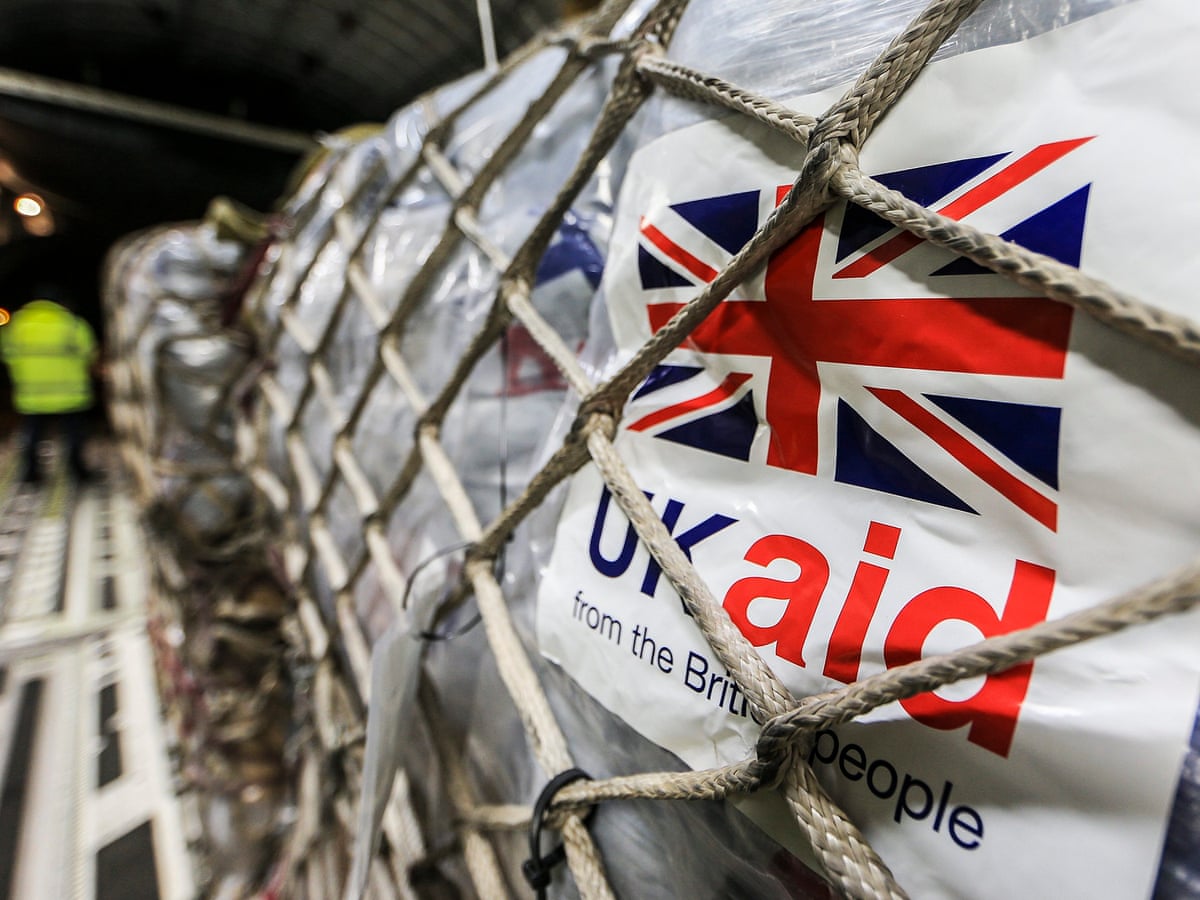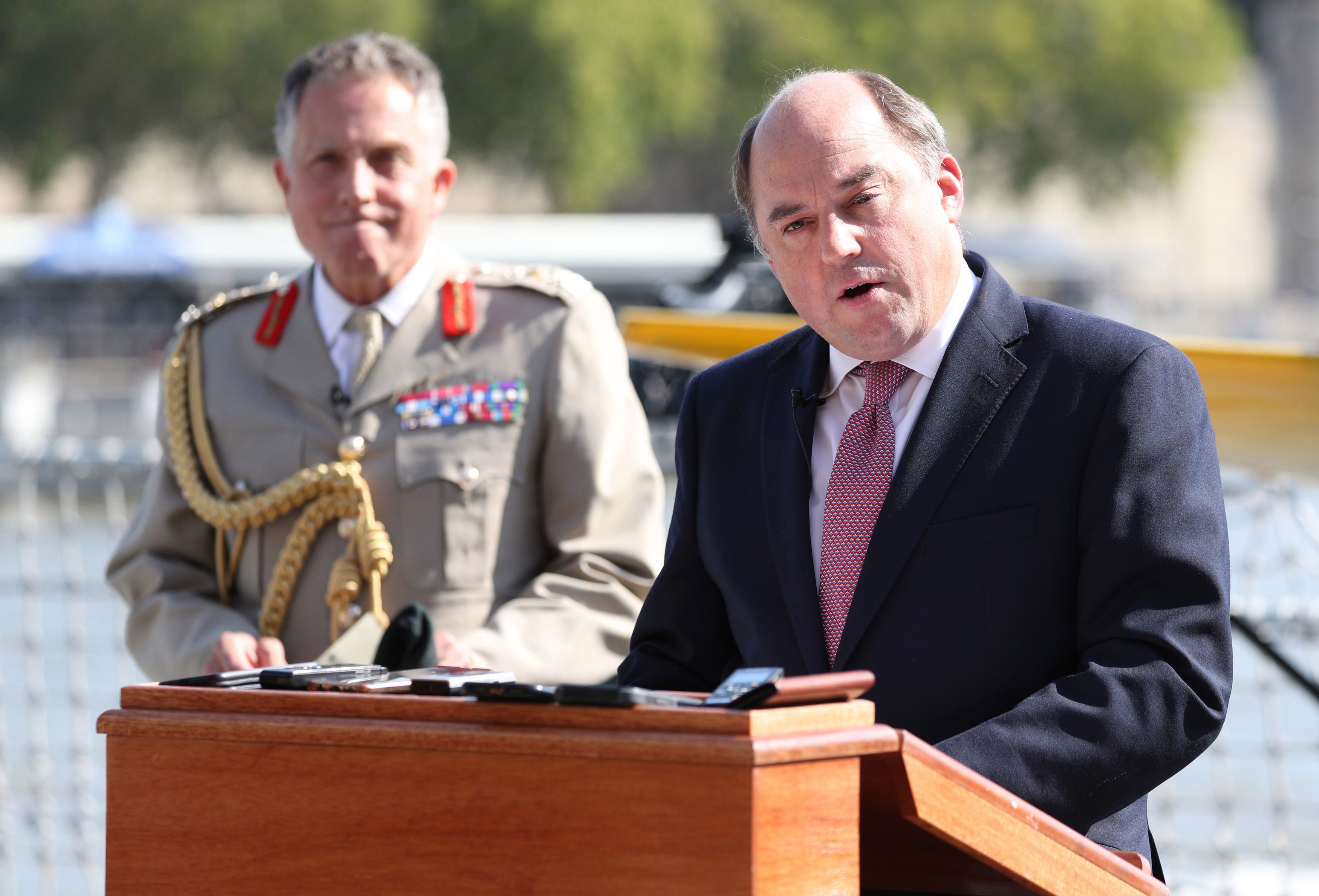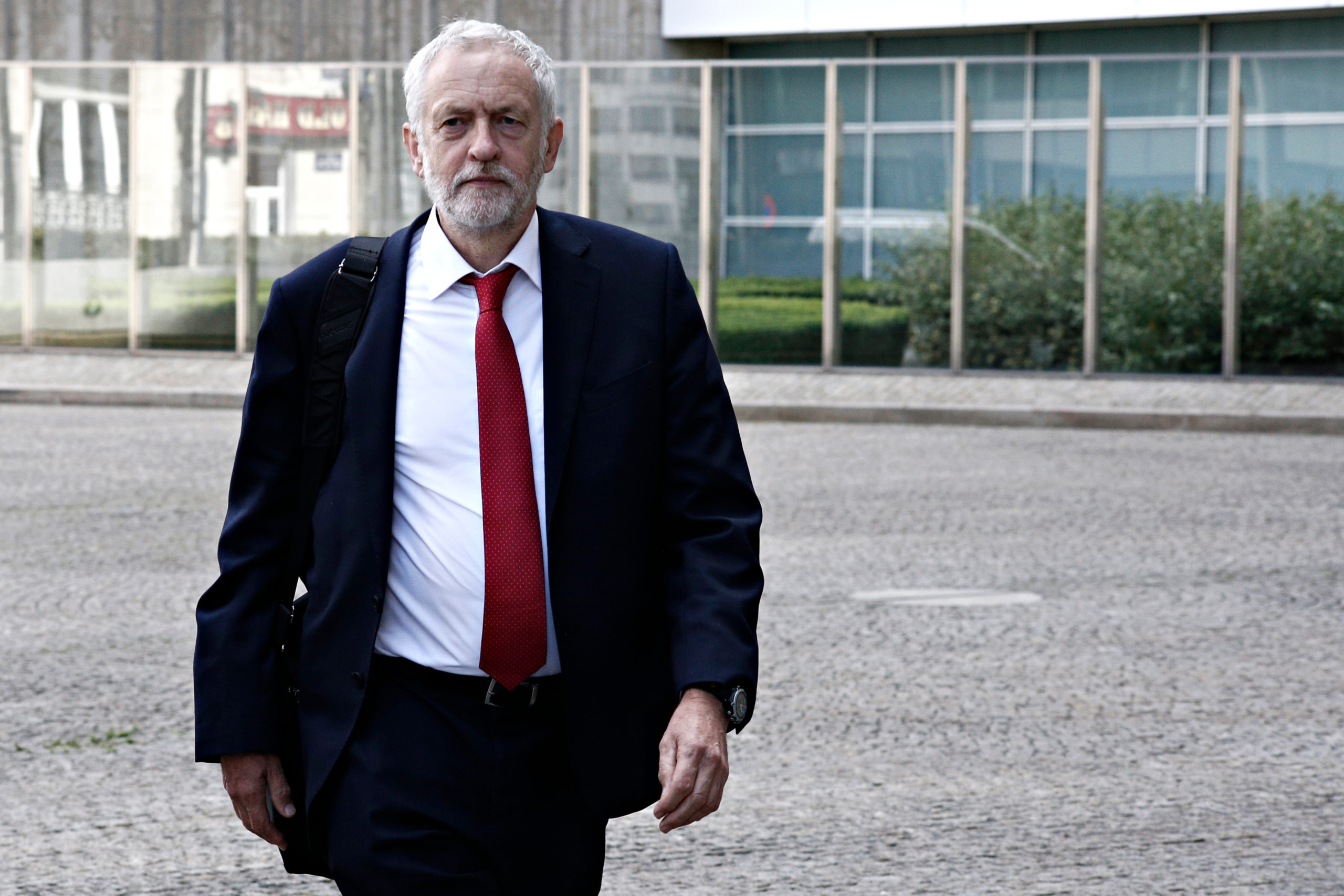New commentary is already emerging around what national defence means in a pandemic. Not all of it is helpful. For example, one article suggests that the UK is defending itself against the wrong threats, specifically a ‘redundant notion of war’ and is also ‘spending hundreds of millions against imaginary hazards’. To that end, without in any way trivialising the tragic loss of life, or downplaying the immense efforts being made by members of the NHS and other critical workers to tackle the effects of the coronavirus, there is a danger that those charged with delivering the Integrated Review may be pressured into learning the wrong lessons from the COVID 19 pandemic.
On 16th March 2020, Tobias Ellwood (MP, Conservative MP for Bournemouth East and chair of the House of Commons Defence Select Committee) called on the government to postpone the Integrated Review as a result of the COVID-19 pandemic. Although there has yet to be a formal response, a senior source within the MOD has confirmed that the review may be delayed by a year. Quite rightly, the government’s key focus in the weeks and months ahead must be managing the coronavirus crisis, which will leave little bandwidth for anything else. Furthermore, as Malcolm Chalmers, Deputy Director General at the Royal United Services Institute (RUSI), and Will Jessett, a visiting professor at King’s College London, pointed out in a recent RUSI Commentary, the lasting consequences of the pandemic could require a significant rethink of the resourcing and conclusions of the Integrated Review.
The National Security Strategy and Risk Assessment
The UK’s National Security Strategy is underpinned by a National Security Risk Assessment (NSRA). While the assessment itself is classified, it does inform a three-tier risk prioritising matrix that was agreed by the National Security Council and published in the 2015 Strategic Defence and Security Review. The Tier One risks, based on a judgement of the combination of both likelihood and impact are:
– Terrorism. Attacks on radicalisation of UK residents and nationals at home and abroad.
– International Military Conflict. UK involved in a conflict between state and/or non-state actors.
– Cyber. Attacks affecting the UK and our interests.
– Public Health. A major human health crisis.
– Major Natural Hazards. Events that need a national response (e.g. severe flooding).
– Instability Overseas. Major instability creating threats to the UK and our interests.
The government is unlikely to abandon its risk-based approach to national strategy; consequently, a revised NSRA seems certain to form part of the Integrated Review. A quick and dirty analysis of the Tier One risks from 2015 suggests that, with perhaps the exception of defence of the UK homeland – currently a Tier Three risk – the list remains relevant and should be retained (see RUSI Whitehall Report 2-20). Moreover, doing so would help guard against the Integrated Review learning the wrong lessons from the COVID 19 pandemic
Risk Management at the National Level
The key issue, therefore, is how does the government treat, tolerate, transfer, terminate, or take the opportunity of, these risks. That is where strategy comes in. In 2014, Timothy Edmunds, Professor of International Security at the University of Bristol, wrote that strategy can be ‘best considered as a theory of action – a rationale for employing the resources and assets at one’s disposal effectively in order to deliver particular policy outcomes’. However, no country in the world has all the resources it needs to achieve all of its desired policy outcomes. The result, as Hew Strachan, Bishop Wardlaw Professor at the University of St Andrews, argues, is that governments have to make hard choices. Accordingly, as @onUKDefence has regularly pointed out, the most essential function of strategy is prioritisation. In the UK, scarce resources have to be managed and allocated to deliver the best mitigation of the NSRA risks.
In effect, the government is spread betting. No risk, however high its likelihood or impact, should ever be fully mitigated, because in a resource-constrained environment that doesn’t make financial sense. Instead, money should be spent on measures to soften the impact of a risk when it happens, particularly at its outset. In the case of an international military conflict, this may be investing in ‘fight tonight’ capabilities; for a major human health crisis, it may be maintaining an appropriate reserve of personal protective equipment.
Thereafter, when it becomes obvious that a particular Tier One risk is going to materialise, the government must move quickly to make available whatever is needed to bridge the gap between its prioritised up-front investment against that risk and the total resource now required to deal with it. Again, in the case of an international military conflict, that may be the procurement of type-specific capability through the urgent operational requirement process. For COVID-19, we’ve seen that both significant additional medical capacity and a massive economic rescue package have been required.
Conclusion
The government must ensure that the wrong lessons do not influence the Integrated Review. Inevitably, once the COVID-19 pandemic is under control, there will be calls for an inquiry into the actions of the government, both in the build up to, and during the crisis. Furthermore, such an inquiry may determine that the resource allocated to mitigate the Public Health Tier One risk was insufficient and further investment is necessary. That is entirely appropriate. However, it does not mean the process by which the government manages risk is flawed. Because the future is unknown, the smart strategist learns lessons from the past to inform hard prioritisation choices. But that does not mean ignoring some high likelihood and high impact risks just because others have materialised.






